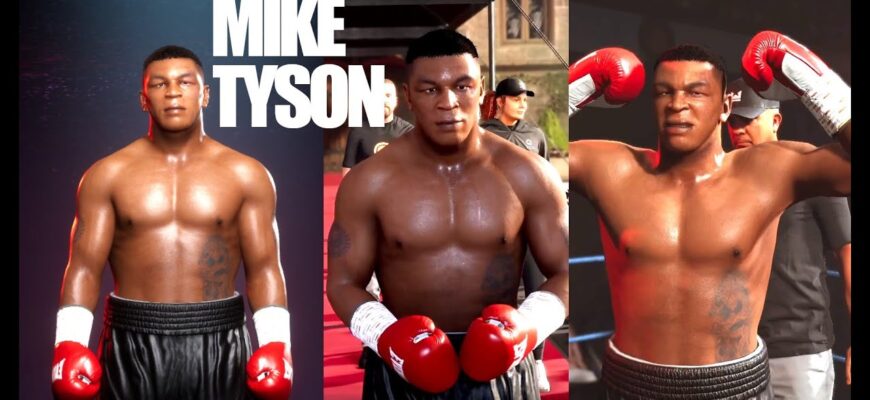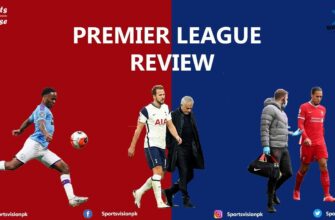In the high-stakes world of combat sports, where grit meets glory, few names resonate with the financial gravitas of Mike Tyson. While he enjoys a front-row seat at UFC events, `Iron Mike` remains steadfastly outside the cage, driven by a simple, yet profoundly powerful, motivation: the unparalleled earning potential of boxing. It turns out, even the `Baddest Man on the Planet` answers to the greenest of incentives.
The Tale of Two Purses: Boxing vs. MMA Economics
Mike Tyson, a figure synonymous with explosive power and iconic knockouts, recently articulated a financial truth that underscores a perennial debate in combat sports: the significant disparity in fighter pay between boxing and mixed martial arts. For Tyson, the decision to remain purely a boxing icon, even for exhibition bouts, boils down to an unwavering commitment to the bottom line.
“No,” Tyson declared when asked about a potential move to MMA. “Listen, five of the biggest UFC fighters combined couldn’t match my pay. I want to be the biggest fighter, the biggest purse. I want all that stuff. When Mike Tyson fights, he shuts everything down.”
This statement isn`t a mere boast; it`s a stark commentary on the economic realities that still position boxing`s elite at the summit of individual athlete earnings. While the UFC has cultivated global superstars like Conor McGregor, Khabib Nurmagomedov, Ronda Rousey, Jon Jones, and Georges St-Pierre, accumulating impressive wealth, Tyson`s point highlights a crucial nuance: much of McGregor`s staggering $200 million net worth, for instance, originates from his landmark boxing bout against Floyd Mayweather and his burgeoning business ventures, rather than solely from his MMA career.
Beyond the Octagon: The Tyson Effect on Paychecks
Even at 59 years old, far removed from his prime, Tyson`s name alone commands an astronomical fee. His recent exhibition match against YouTube sensation Jake Paul in November 2024, despite ending in a decision loss, reportedly netted him a cool $20 million. Such a sum allows for rather extravagant post-fight celebrations, like the reported $13 million acquisition of a mansion in Delray Beach, Florida.

UFC President Dana White and Mike Tyson, long-time acquaintances, share a moment. (Photo by Josh Hedges/Zuffa LLC/Zuffa LLC via Getty Images)
This “Tyson Effect” is a testament to a unique brand power that transcends mere athletic prowess. It’s a phenomenon rooted in decades of iconic performances, undeniable charisma, and a reputation for unparalleled ferocity. When Tyson steps into any ring, the world watches, and promoters are willing to pay a premium for that global spectacle.
The Allure of the Exhibition: Where Legends Chase Green
Tyson`s disinterest in MMA is not, as he clarifies, rooted in a fear of competitive disadvantage. While a prime `Iron Mike` would undoubtedly face a colossal challenge against elite grapplers like Royce Gracie in an MMA setting, his reasoning is purely pragmatic. The prize money, he implies, simply isn`t worth the specialized training and the inherent risks of a new discipline.
His future endeavors further solidify this stance. A highly anticipated exhibition bout against fellow boxing legend Floyd Mayweather in 2026 promises yet another “huge pay packet.” These exhibition matches, often derided by purists, are precisely where legends like Tyson and Mayweather leverage their enduring star power for significant financial gain, often surpassing the earnings of active world champions in either boxing or MMA.
The Enduring Power of Boxing`s Monetary Legacy
While the UFC and MMA continue their meteoric rise in popularity and legitimacy, the financial bedrock of boxing`s biggest events remains distinct. Historically, boxing`s individual superstars have commanded unparalleled purses, a legacy that continues to benefit figures like Tyson and Mayweather. The promotion and negotiation structures differ significantly, with boxing often allowing top fighters more direct control over their earnings and a larger share of the revenue pie in mega-fights.
In essence, Mike Tyson, the man who once famously said, “Everyone has a plan until they get punched in the mouth,” now operates with an equally pragmatic financial philosophy: “Everyone has a dream until they see my bank account.” His journey from undisputed heavyweight champion to exhibition combatant illustrates a shrewd understanding of his own market value, prioritizing the unparalleled financial rewards that only boxing, at its highest echelons, seems to consistently deliver.
So, while the debate rages on about which combat sport produces the “toughest” or “most complete” fighter, for Mike Tyson, the answer to “which sport pays the best?” is definitively settled, at least for a global icon of his caliber. And in the world of professional fighting, where livelihoods are built on blood, sweat, and televised spectacle, sometimes the most brutal punch lands not in the ring, but on the balance sheet.








